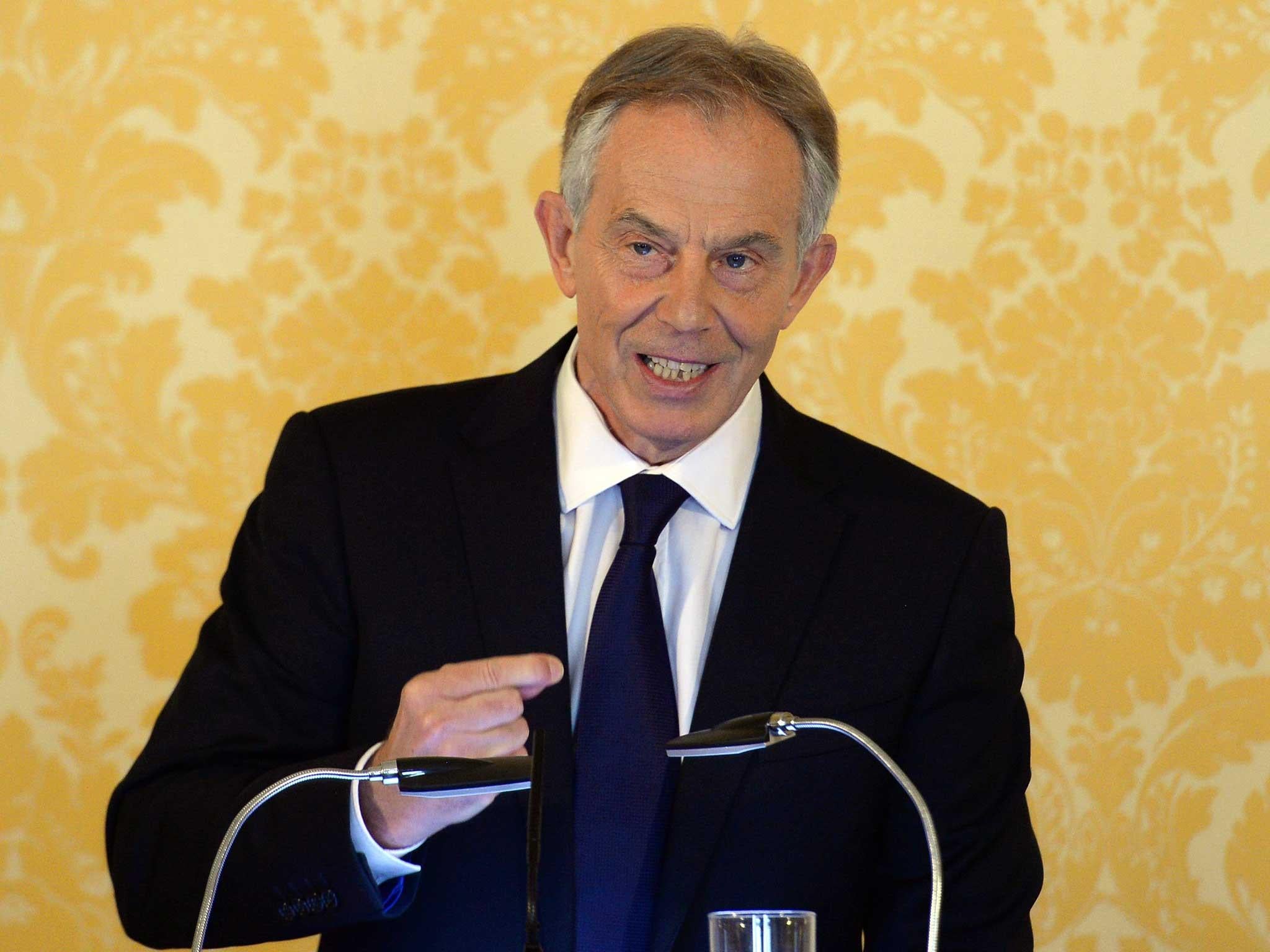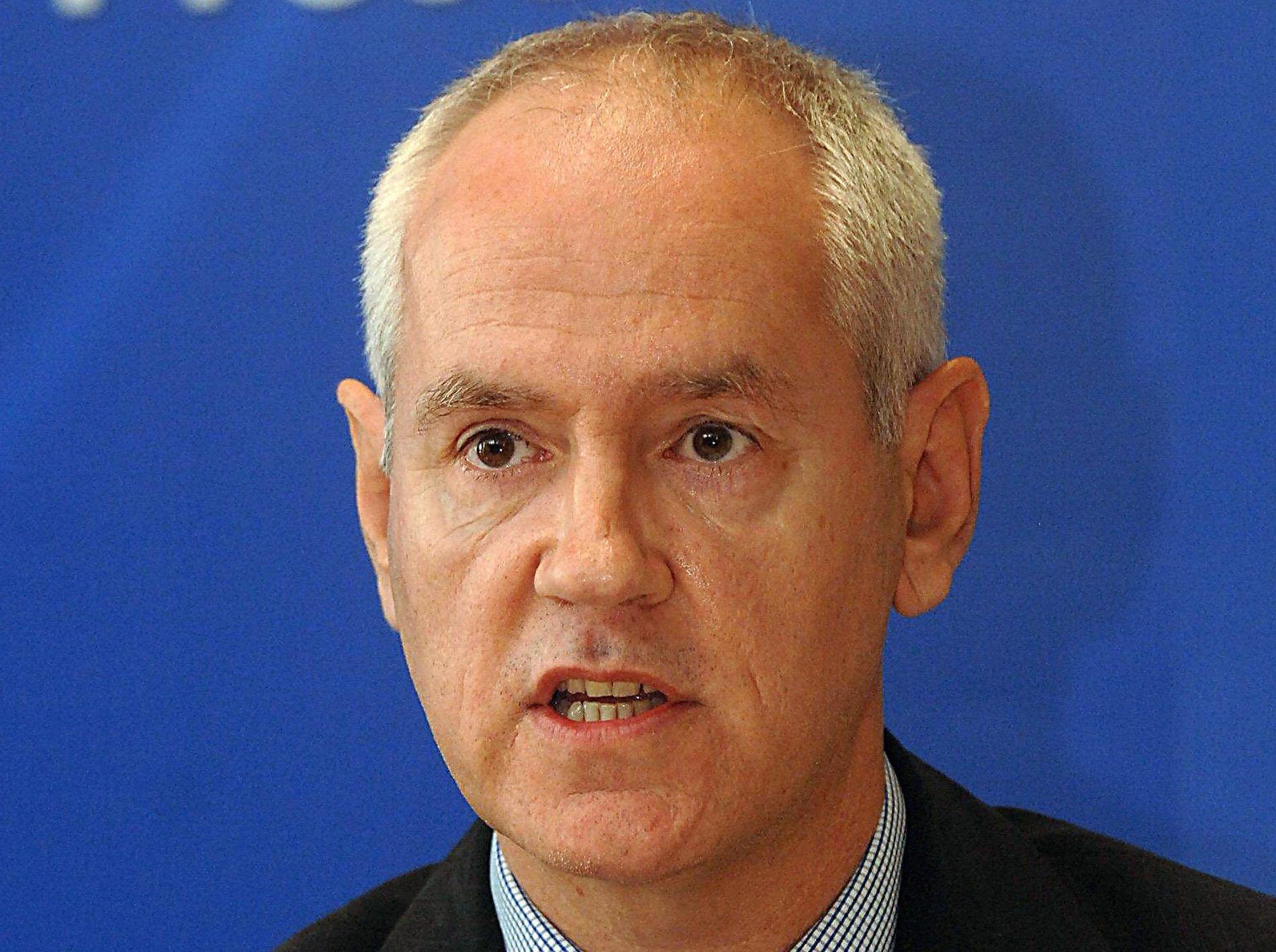Chilcot report: Tony Blair could be charged with misconduct in public office, former prosecutions chief says
Mr Blair behaved in a 'disreputable way to win tainted legal backing for massive armed conflict,' says former director of public prosecutions Lord Macdonald

Your support helps us to tell the story
From reproductive rights to climate change to Big Tech, The Independent is on the ground when the story is developing. Whether it's investigating the financials of Elon Musk's pro-Trump PAC or producing our latest documentary, 'The A Word', which shines a light on the American women fighting for reproductive rights, we know how important it is to parse out the facts from the messaging.
At such a critical moment in US history, we need reporters on the ground. Your donation allows us to keep sending journalists to speak to both sides of the story.
The Independent is trusted by Americans across the entire political spectrum. And unlike many other quality news outlets, we choose not to lock Americans out of our reporting and analysis with paywalls. We believe quality journalism should be available to everyone, paid for by those who can afford it.
Your support makes all the difference.The question of whether Tony Blair should face legal action for his conduct over the Iraq war has been raised after the damning verdict of the Chilcot report.
Lord Ken Macdonald, former director of public prosecutions, said said Mr Blair’s behaviour could amount to the criminal offence of misconduct in public office.
It “seemed very likely” Mr Blair had “roundly abused the trust placed in him by the public,” Lord Macdonald told the Times.
The Liberal Democrat life peer, who was head of the Crown Prosecution Service between 2003 to 2008, said Mr Blair had twisted the evidence and the law to take Britain to war in 2003.
Mr Blair had behaved in a “disreputable way to win tainted legal backing for massive armed conflict,” he said.
This was in reference to an assurance the former Prime Minister made to the attorney general, Lord Goldsmith, that Iraq was in “further material breach” of a UN resolution requiring it to disarm.

Lord Macdonald’s comments were made after the long-awaited release of the Chilcot report which concluded Saddam Hussein posed “no imminent threat” at the time of the invasion.
According to Sir John Chilcot, the war was unleashed on the basis of “flawed” intelligence and the former Prime Minister deliberately blurred the lines between what he believed and what he knew regarding Iraq’s capability to deploy weapons of mass destruction.
But while Sir Chilcot said the legal basis for UK military action was “far from satisfactory,” he did not rule on its legality, as that can only be done by an internationally recognised court.
Alex Salmond, the former Scottish First Minister, has called for Mr Blair to be investigated by the International Criminal Court for a crime of aggression.
“I'd like to see the ICC investigate a crime of aggression but I don't think that's going to happen,” he said on his LBC radio show.
Mr Salmond also said Mr Blair should face parliamentary action to stop him holding public office again.
Shadow Commons leader Paul Flynn said the inquiry's findings amounted to an “utter condemnation” of Mr Blair's “terrible” decision to commit British troops to the US-led invasion and prosecution of the former statesman should be given “serious consideration”.
And Sir Jeremy Greenstock, a former British ambassador to the UN, has said the UK was “pushed” into entering military action too early by the US.
“I felt that at the time, the British felt it at the time, I think the prime minister felt it at the time, that the Americans pushed us into going into military action too early,” he told the BBC.
Foreign Secretary Philip Hammond will face questioning on the implications of the report's findings for Britain's future role in the world when he appears before a Commons committee on Thursday.
Responding to the report’s conclusions, Mr Blair said he accepted responsibility “without exception or excuse” for his decision, but refused to acknowledge that the war had worsened the political situation in the Middle East.
“It is claimed that by removing Saddam we unleashed terrorism in the Middle East today,” he said in a statement.
“I profoundly disagree. Saddam was himself a wellspring of terror, a continuing threat to peace and to his own people. Had he been left in power in 2003, then I believe [...] he would once again have threatened world peace.”
Families of some of the 179 military personnel killed in Iraq described the former PM as a “terrorist”, and Jeremy Corbyn offered an apology on Labour's behalf for what he branded “a stain on our party and our country”.
But Labour leader Mr Corbyn stopped short of calling for his predecessor to be tried for war crimes, as some had expected.
Join our commenting forum
Join thought-provoking conversations, follow other Independent readers and see their replies
Comments